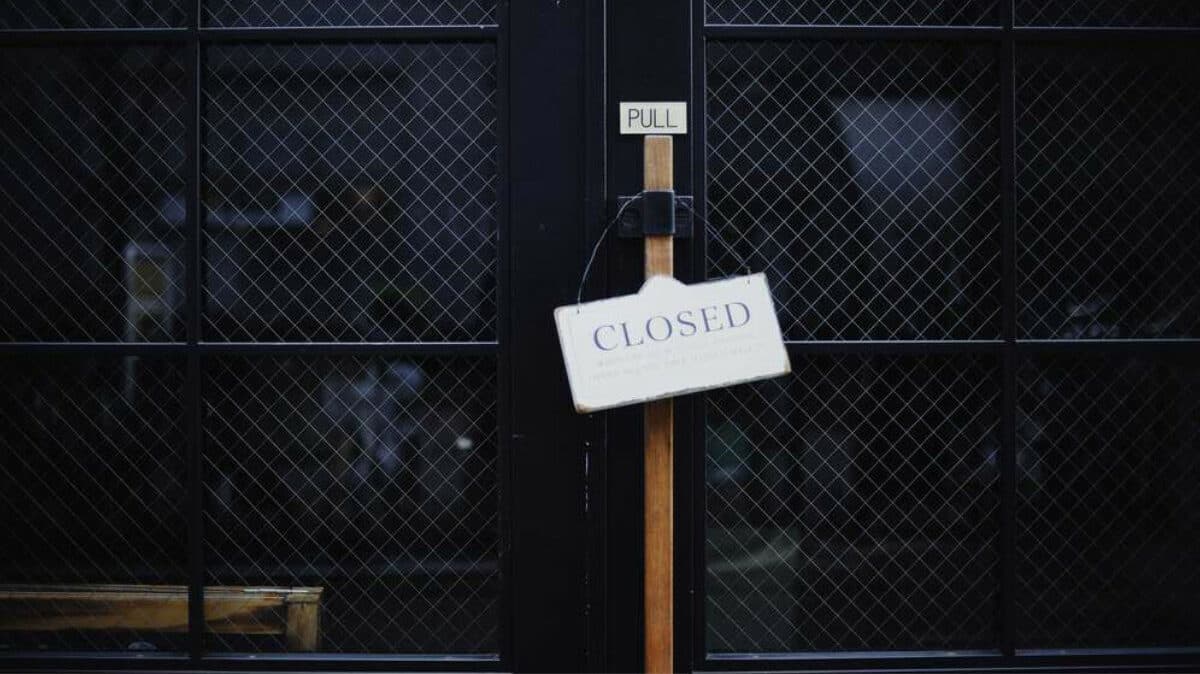In what many would regard as a disastrous turn of events, indicators of SME success, such as sales, profit, and growth, are beginning to suffer, implying that the impact of increasing interest rates is beginning to hurt consumer spending.
While supply chain concerns appear to be subsiding, inflationary pressures influence operating costs. Compared to 22 per cent last month, only 17 per cent of SMEs currently operate at higher revenues than before the pandemic.
Additionally, 21 per cent of SMEs reported operating losses in November as opposed to 15 per cent in June.
According to the SME Sentiment Tracker by ACA Research, short-term revenue forecasts have deteriorated, with those expecting revenues to fall increasing to 12 per cent from 6 per cent in October.
As uncertainty grows, growth estimates for the next 12 months fluctuate, with only a 36 per cent surge in growth, down from 41 per cent a month ago.
While the reduction in supply chain delays is encouraging, it is not unexpected that 84 per cent of SMEs are now concerned about fuel prices, 81 per cent about inflation and rising loan rates, and 79 per cent about energy costs.
It is also worth noting that 22 per cent of SMEs plan to cut capital equipment and marketing spending during the next three months. In keeping with other financial indicators, overall employment is down marginally, even though 29 per cent of SMEs actively seek to fill positions.
The hospitality industry is particularly active, with 65 per cent looking for workers to manage the busy holiday season. It’s also important to note that the desire for additional financing keeps growing even as sentiment weakens.
The study also reveals that, despite a minor uptick in confidence last month, 75 per cent of SMEs still lack faith in the Labor Party’s business-supporting policies.
Yesterday, the Reserve Bank raised official interest rates to their highest level in a decade to prevent inflationary pressures from spreading throughout the economy. (Read the full story here)
According to Anneke Thompson, Chief Economist at CreditorWatch, the hike in the cash rate essentially guarantees a fall in consumer confidence as we approach the lucrative holiday shopping season.
“The Budget forecasts growing prices for necessities like food, housing, and energy and slow wage growth. While the timing and size of this slowdown are unknown, household spending is expected to slow in the coming year. The worsening forecast for the world economy is another cause of worry,” Thompson said.
ACA Research Managing Director James Organ said: “In summary, SME financial indicators all declined in November and confidence regarding economic conditions both locally and globally remain very weak.
“While supply chain issues appear to dissipate, inflationary pressures continue to impact operating costs and hence investment in people, capital equipment and marketing are all trending down.”
ACA Research is a full-service market research consultancy focused on B2B projects. Please click on this link to access the full report.
Keep up to date with our stories on LinkedIn, Twitter, Facebook and Instagram.

